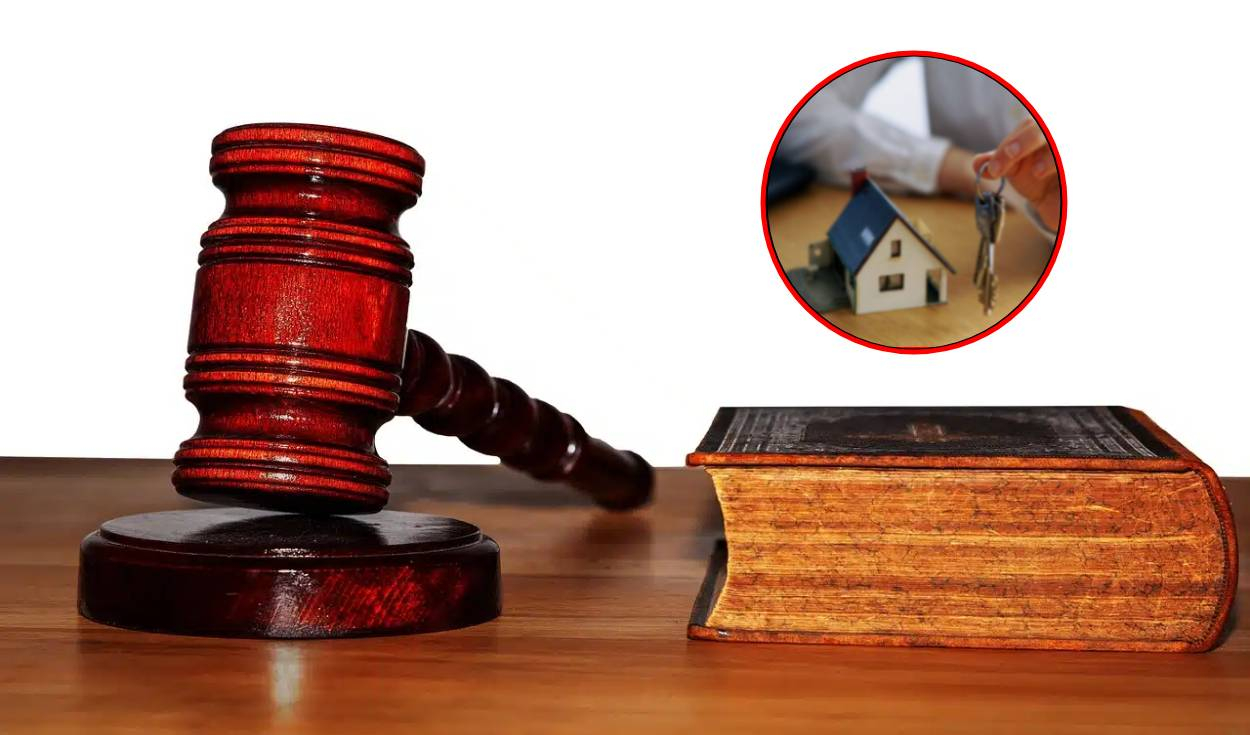
The Peruvian Civil Code protects certain goods that the debtor can have before possible embargoes. Therefore, it is crucial to know what the norm provides in 2025.
Debts are usually a great concern for people who present difficulties in paying their loans. Therefore, it is essential to know what goods are protected by the Peruvian Civil Code before a possible embargo. This information is crucial to guarantee the legal protection of personal goods and objects.
If it is decided to opt for the judicial process to demand the payment of debts, it is essential to know that the Civil Code specifies which goods are unattachable. Next, we provide you with key information about these assets that cannot be subject to embargo, so that you are duly informed and prepared in the face of any situation that may arise.
What are the goods that cannot be seized for having debts in Peru?
He Civil Code Peruanor establishes that certain debtor’s assets are exempt from being seized, which means that they cannot be used to pay off debts. This protection is granted to guarantee a minimum of well -being to the debtor and his family, preventing them from being seen in a situation of total helplessness.
- Assets constituted in family heritage: Only two thirds can be seized.
- Personal use garments: Strict use garments cannot be seized, as well as books and basic foods.
- Tools and utensils: Vehicles, machinery and indispensable tools for the exercise of a trade are not seized.
- Remuneration and pensions: The remuneration and pensions that exceed the five procedural reference units are protected.
- Food pensions: These are also considered unattachable.
- Religious temples furniture: They cannot be embargo.
- Sepulcros: Protection extends to the graves.
- CTS payment: This can only be seized in case of food up to 50%.
However debt: Can the municipality take away your home for not paying the property tax?
In situations of debt By property tax, it is crucial to understand that the municipality cannot evict you from your home immediately. First, notifications and payment requests will be sent to keep you informed about the situation. In case of not responding to these communications, an administrative process will begin that will end with the issuance of a coercive ordinance. It is essential to comply with tax obligations to avoid possible sanctions and legal complications.
What is the Peruvian Civil Code?
He Peruvian Civil Codepromulgated in 1984, is the normative body that regulates civil relations between individuals in the country. Its main objective is to provide a clear and coherent legal framework to guarantee the rights and obligations of people in their civil interactions, promoting justice and equity.
This set of norms covers various areas, such as real rights, obligations and contracts, family law and successions. In the field of real rights, the Code regulates property and other rights over goods, thus establishing a solid legal framework for Peruvian society.
Source: Larepublica
Alia is a professional author and journalist, working at 247 news agency. She writes on various topics from economy news to general interest pieces, providing readers with relevant and informative content. With years of experience, she brings a unique perspective and in-depth analysis to her work.












